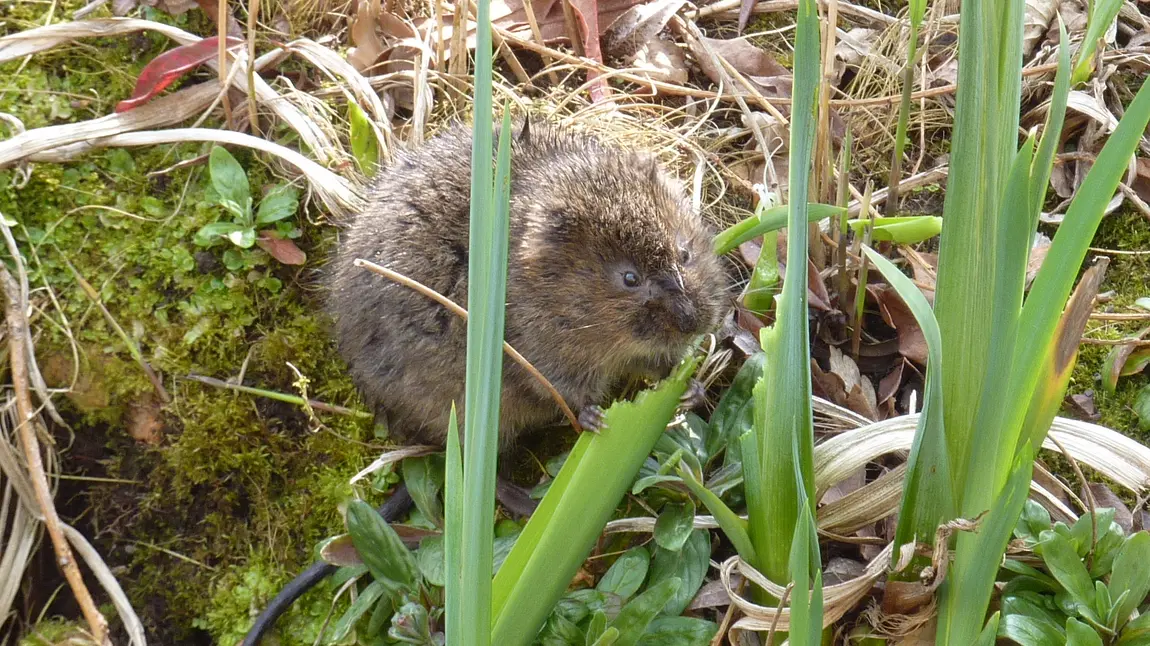Britain’s most endangered mammal, the water vole, to be protected

Jutting out into the English Channel south of Chichester, the Manhood Pensinsula contains large expanses of natural wetlands of national and international importance. Featuring saltmarsh, mudflats and vegetated shingle, the area is home to several vulnerable species including the lapwing, black-tailed godwit and linnet. It also culminates in a key migration point where bats, birds and butterflies arrive and depart the UK.
[quote=Chloë Goddard, Manhood Wildlife and Heritage Group]"The extensive drainage network on the Manhood Peninsula is important to both people and wildlife and this project will work to bring communities together to help us to understand and care for this environment.”[/quote]
But perhaps the most interesting fact about the Manhood Peninsula is that Britain’s most endangered mammal, the water vole, resides here, which this new project will now go some way to protecting.
The four-year project, Fixing and Linking our Wetlands (FLOW), has been awarded a £545,300 Heritage Grant, and will be run by the Manhood Wildlife and Heritage Group. It will see a number of key groups across the Manhood Peninsula, including landowners, flood groups, Parish Councils and the RSPB work together to improve and enhance wetland habitat.
Essential survey work
Chichester and Pagham harbours, which flank the Manhood Peninsula, also have international significance as wetland habitats because of the wildlife they support. With the help of trained volunteers, the FLOW project will carry out essential survey work of the existing wetland network, digitise findings and make them accessible for a wide range of audiences. Where environmental or flood issues are identified, physical work will be carried out to address these.
Chloë Goddard, from the Manhood Wildlife and Heritage Group, said: “We’re delighted that HLF has given us this grant. The extensive drainage network on the Manhood Peninsula is important to both people and wildlife and this project will work to bring communities together to help us to understand and care for this environment.”
